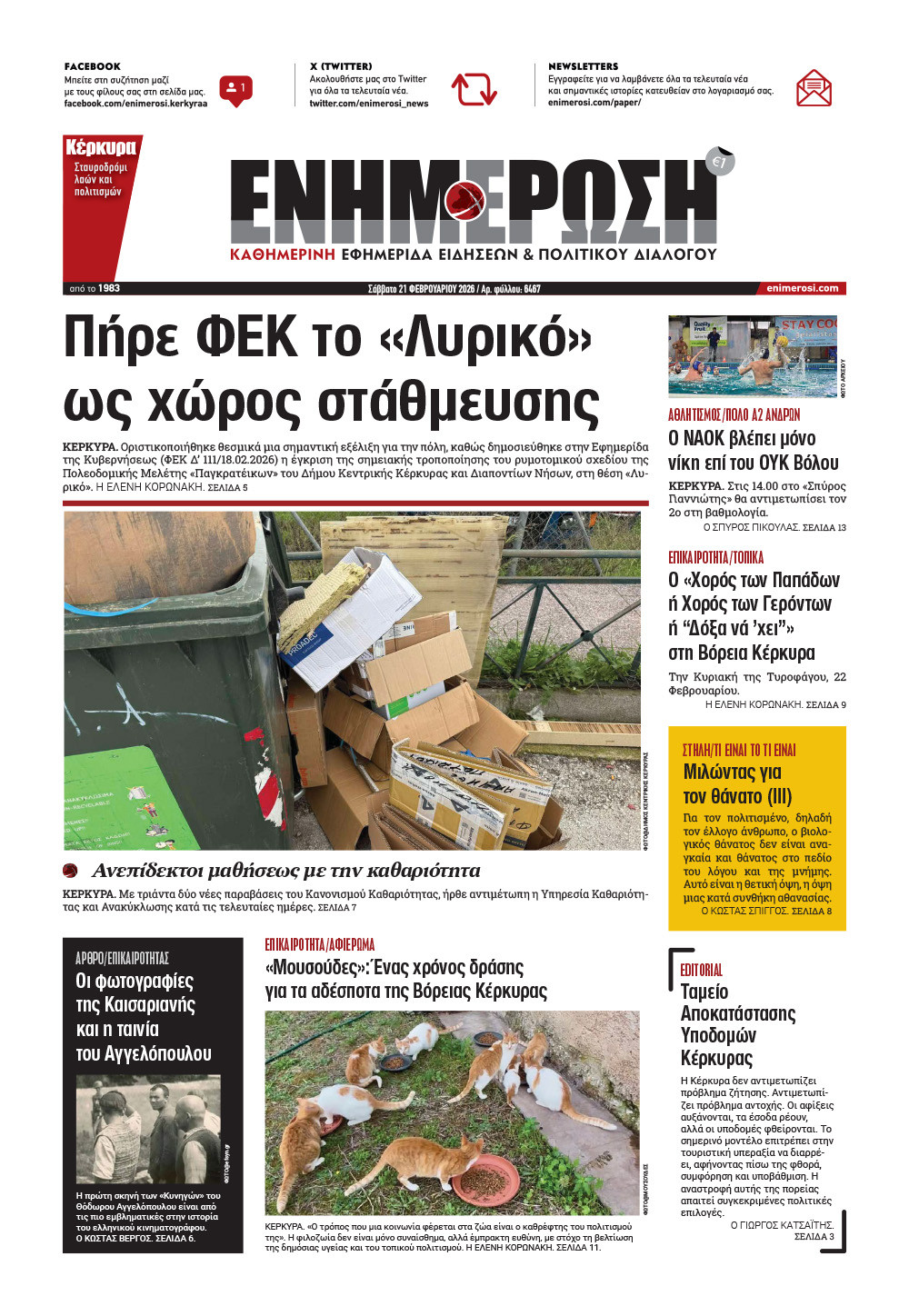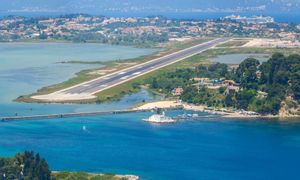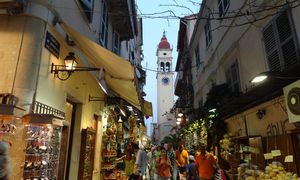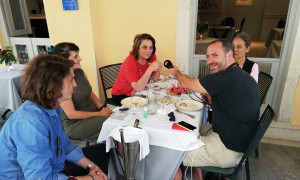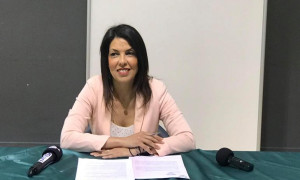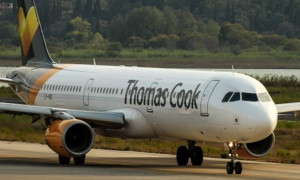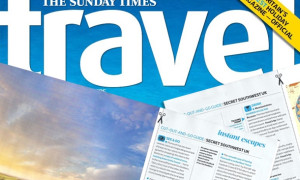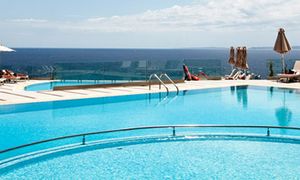Corfu Tourism Conference: A first step!
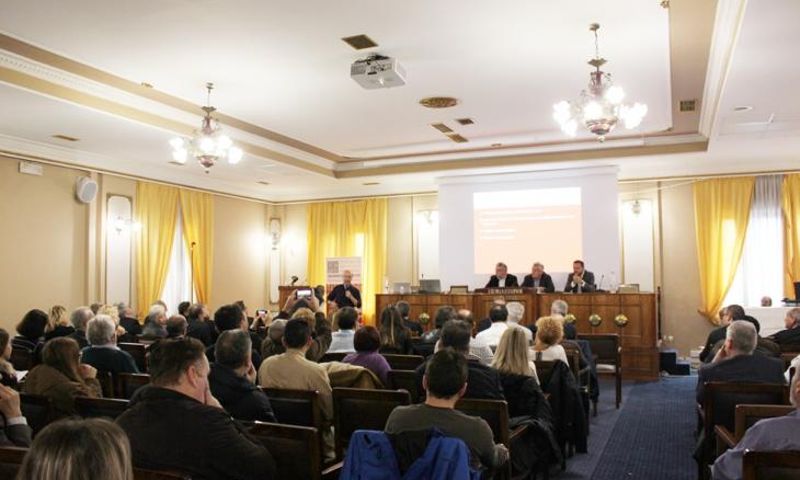
Corfu tourism
23 Nov 2017
/ 10:38
The need for cooperation between all those collectively involved in tourism in Corfu was emphasised in no uncertain terms.
The file on the Tourism Department at the Ionian University will be with the Ministry of Education by 15 December.
Accusations from Mr. Pelais that jobs are being ravaged during a period when numbers are growing.
N.Triantos underlines the need for the establishment of a monitoring body for tourism.
CORFU. The need for cooperation between all those collectively involved in tourism in Corfu was emphasised in no uncertain terms by a large number of speakers at the conference. The need to establish a system of collaboration was discussed right from the beginning with the presentation on the Destination Management Organization (DMO). This concern underlay all the presentations along with the form that this collaboration should take, bearing in mind negative experiences from the attempts to cooperate to date. A central narrative was sought in the conference to form a basis the regeneration of the Corfu identity. This narrative was sought in the period of Homer, with the meaning of hospitality as described in the 8th Book of the Odyssey - an excellent idea which was favourably reviewed recently by the Ministry of Tourism, who commented that something of this nature could be at the heart of a national promotional campaign.
Department of Tourism
The prospect of the development of the tourism economy in general and in Corfu in particular, by embracing culture and the application of modern technology (K. Economou) was reinforced by the happy announcement from the representative of the Ionian University, Mr. Floros, that a department of tourism would be established at the university. The relevant file will hopefully be handed in to the Ministry of Education by 15 December so that the new department can be available for the university entrance exams in 2018. The fusion of research and education in the new department with other existing establishments is being aimed at in an effort to create a model based on cutting edge technology and IT. This can be seen in the two similar departments already operating at the universities of Piraeus and Aegean.
Monitoring Body
The key issue of employment (S. Pelais), the difficult and unjust reality linked to the winter situation in the local market, and the extreme infringements that take place make the necessary collaboration difficult. All of these need, inevitably, to be dealt with in time and place (Mr. Balatsinos), serving not only the output and division of benefits, but also the need for infrastructure for care, maintenance and development. The documenting of the data and parameters of economic activity is an obvious need, but does not currently exist. For this reason, Mr. Triantos called for the establishment of a monitoring body for tourism, the funding for which could be provided by business organizations, who would be the principle users.
The prioritisation, cohesion and implementing of these ideas will test the efficiency of the politicians, unions and administrative bodies of Corfu and the Region of Ionian Islands.
Context
Professor Chiotis believes that the precondition for a change in direction is the renegotiation of the Memorandum, which is also necessary for a change in direction for Corfu tourism, whilst the distressing ongoing situation for the vast majority of businesses was outlined by the presidents of GSEVEE and ESEE – Messrs Kavathas and Krokidis – who broadened the discussion beyond the local and added to the conference with their prestige and perspective. The experience of the Chamber (Mr. Hondrogiannis) and the results of the Economic Chamber’s development conference (2016) brought the discussion back to the local level. The extensive activities of the port (Mr. Batsoulis), regarding cruises, hydroplanes and the extension of the facilities, were the subject of the final session on Sunday afternoon at the Ionian Academy.
Accusations from Mr. Pelais that jobs are being ravaged during a period when numbers are growing.
N.Triantos underlines the need for the establishment of a monitoring body for tourism.
CORFU. The need for cooperation between all those collectively involved in tourism in Corfu was emphasised in no uncertain terms by a large number of speakers at the conference. The need to establish a system of collaboration was discussed right from the beginning with the presentation on the Destination Management Organization (DMO). This concern underlay all the presentations along with the form that this collaboration should take, bearing in mind negative experiences from the attempts to cooperate to date. A central narrative was sought in the conference to form a basis the regeneration of the Corfu identity. This narrative was sought in the period of Homer, with the meaning of hospitality as described in the 8th Book of the Odyssey - an excellent idea which was favourably reviewed recently by the Ministry of Tourism, who commented that something of this nature could be at the heart of a national promotional campaign.
Department of Tourism
The prospect of the development of the tourism economy in general and in Corfu in particular, by embracing culture and the application of modern technology (K. Economou) was reinforced by the happy announcement from the representative of the Ionian University, Mr. Floros, that a department of tourism would be established at the university. The relevant file will hopefully be handed in to the Ministry of Education by 15 December so that the new department can be available for the university entrance exams in 2018. The fusion of research and education in the new department with other existing establishments is being aimed at in an effort to create a model based on cutting edge technology and IT. This can be seen in the two similar departments already operating at the universities of Piraeus and Aegean.
Monitoring Body
The key issue of employment (S. Pelais), the difficult and unjust reality linked to the winter situation in the local market, and the extreme infringements that take place make the necessary collaboration difficult. All of these need, inevitably, to be dealt with in time and place (Mr. Balatsinos), serving not only the output and division of benefits, but also the need for infrastructure for care, maintenance and development. The documenting of the data and parameters of economic activity is an obvious need, but does not currently exist. For this reason, Mr. Triantos called for the establishment of a monitoring body for tourism, the funding for which could be provided by business organizations, who would be the principle users.
The prioritisation, cohesion and implementing of these ideas will test the efficiency of the politicians, unions and administrative bodies of Corfu and the Region of Ionian Islands.
Context
Professor Chiotis believes that the precondition for a change in direction is the renegotiation of the Memorandum, which is also necessary for a change in direction for Corfu tourism, whilst the distressing ongoing situation for the vast majority of businesses was outlined by the presidents of GSEVEE and ESEE – Messrs Kavathas and Krokidis – who broadened the discussion beyond the local and added to the conference with their prestige and perspective. The experience of the Chamber (Mr. Hondrogiannis) and the results of the Economic Chamber’s development conference (2016) brought the discussion back to the local level. The extensive activities of the port (Mr. Batsoulis), regarding cruises, hydroplanes and the extension of the facilities, were the subject of the final session on Sunday afternoon at the Ionian Academy.



